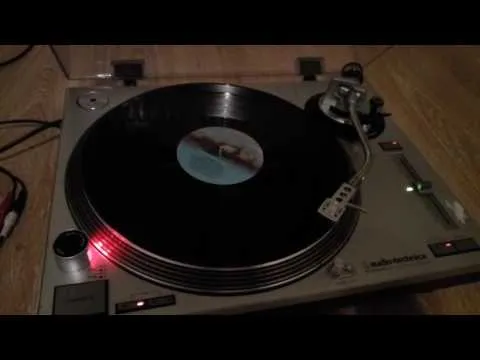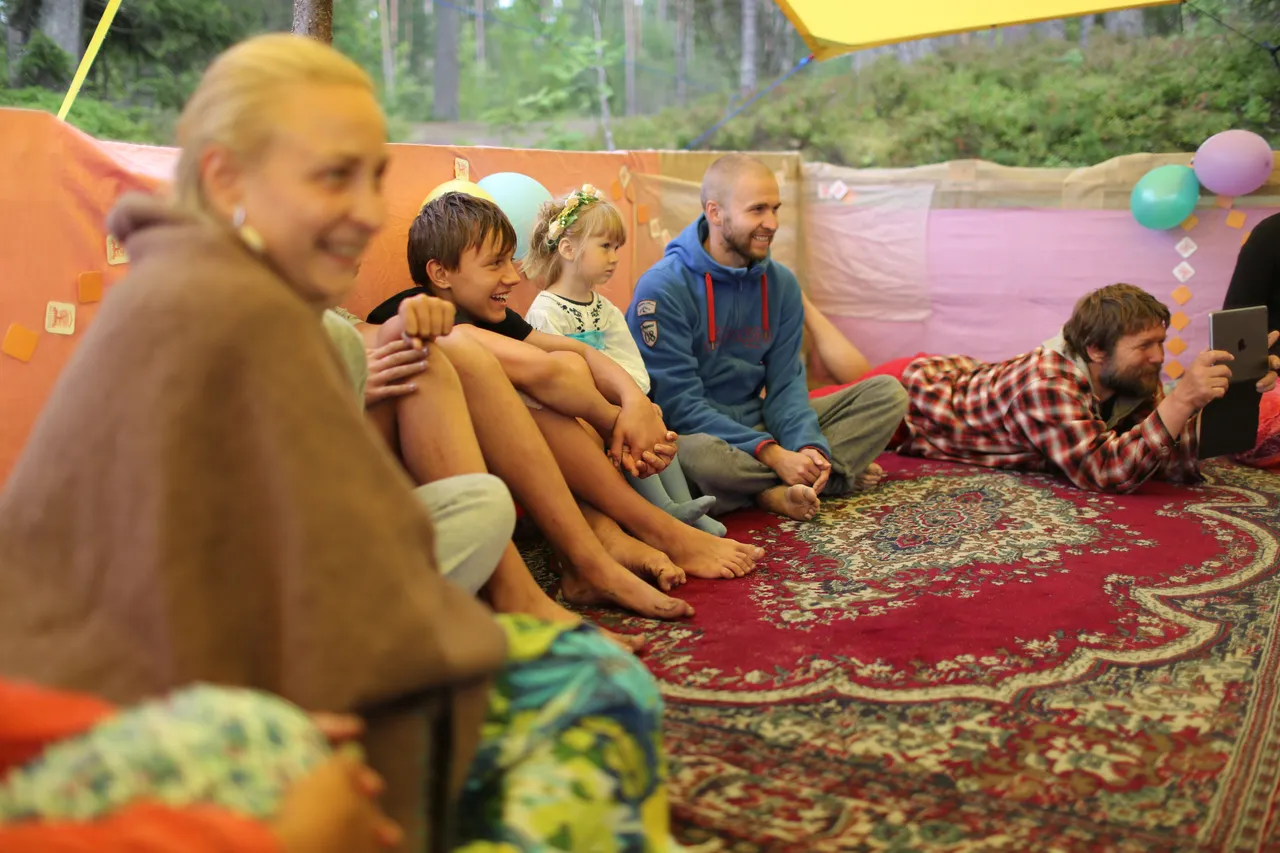Good evening dear Steem users!
Glad to begin writing my second post. For some reason it creates some festive emotion for me, unlike posting on facebook or Instagram, maybe the size of the window does it, who knows.
I would like to talk a little bit about learning foreign languages today, where the hardest thing to my mind is understanding fluent speech. Of course this may vary from language to language as some languages are easier to get to learn the reading rules, some - harder. Same applies to pronunciation and grammar. The difficulty of Understanding fluent speech also varies from language to language, but nonetheless it's always a hard task. I would say for example, that understanding fluent Norwegian is harder than understanding fluent German, because most of Norwegian words consist of just two letters and those tend to become one big chunk of a mess for ears when spoken fluently (nothing negative, love that language).
The methodology of teaching to understand fluent speech is not that well developed as it is not an easy finding to get to read about significant pronunciation changes which occur when words are being pronounced fast. A simple formula of practicing understanding fluent speech would look like this to my mind:
UNDERSTANDING FLUENT SPEECH = LEARNING POPULAR STRUCTURES VERY WELL (grammar + idioms + phrasal verbs + everyday slang) + LEARNING ABOUT MOST COMMON WORDS' PRONOUNCIATION FEATURES IN POPULAR WORD COMBINATIONS
I had hard times learning to understand fluent speech when I came for my exchange year in Texas in 2003. I didn't learn much in advance about such fluent speech features as for example that WHAT YOU often contract to WHATCHA when spoken fast and so on and so on. Learning this in advance would make my life much easier and happier too. I was very young too and not too smart enough to understand that I needed to systemize all these at that time. When learning German I was lucky to find an awesome book with a CD in the language laboratory where you would really get to hear some Germans speaking on the street and see two versions of the text: one the regular writing and the other one what was being pronounced really. Little example: Kommst du auch zum Training? = Kommste och zum Training?
With all that being said I decided couple of months ago that I am gonna do a youtube project on the same stuff for learners of Russian out there. It was meant to be a weekly short series, but then I kind of stopped having enough time for it and got a little upset because of the lack of feedback - so far just couple of my facebook friends checked it out and appreciated the material pretty much. Now it's time to share it with the Steem community. Enjoy!
Hopefully you will find the materials helpful. Thanks for reading and have a nice day/evening. The youtube link is below. It's a playlist, so you may rock them all.


Photo credit: Olya Milentis